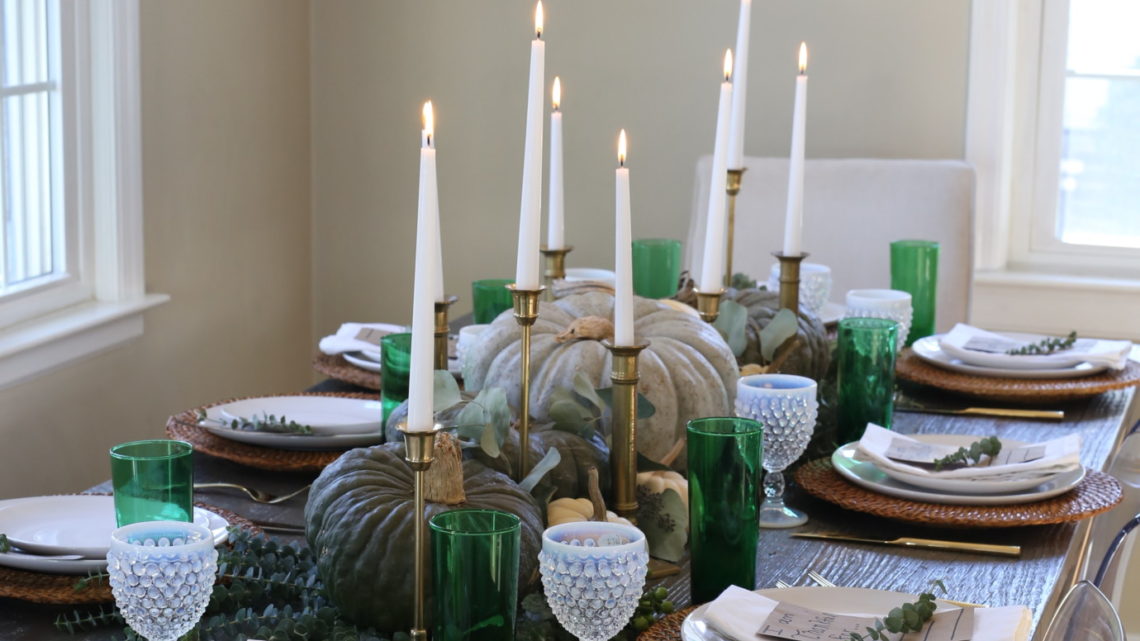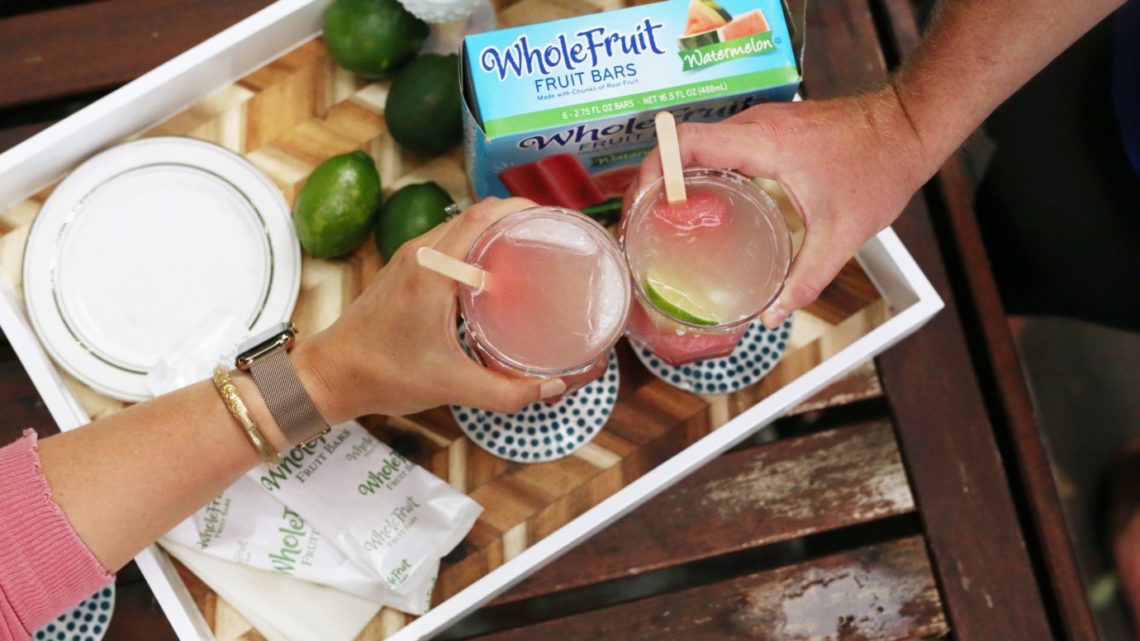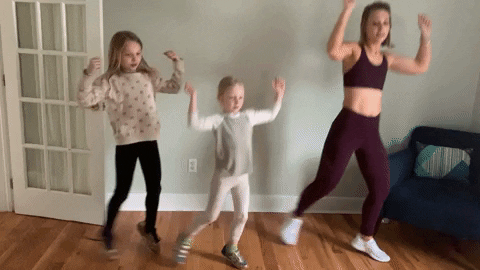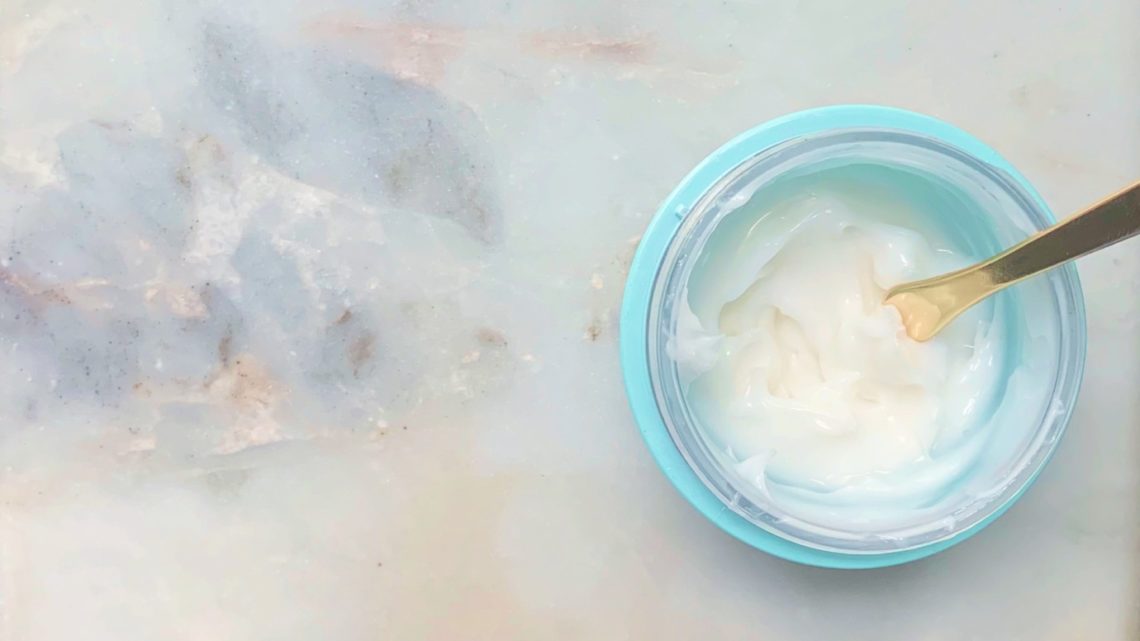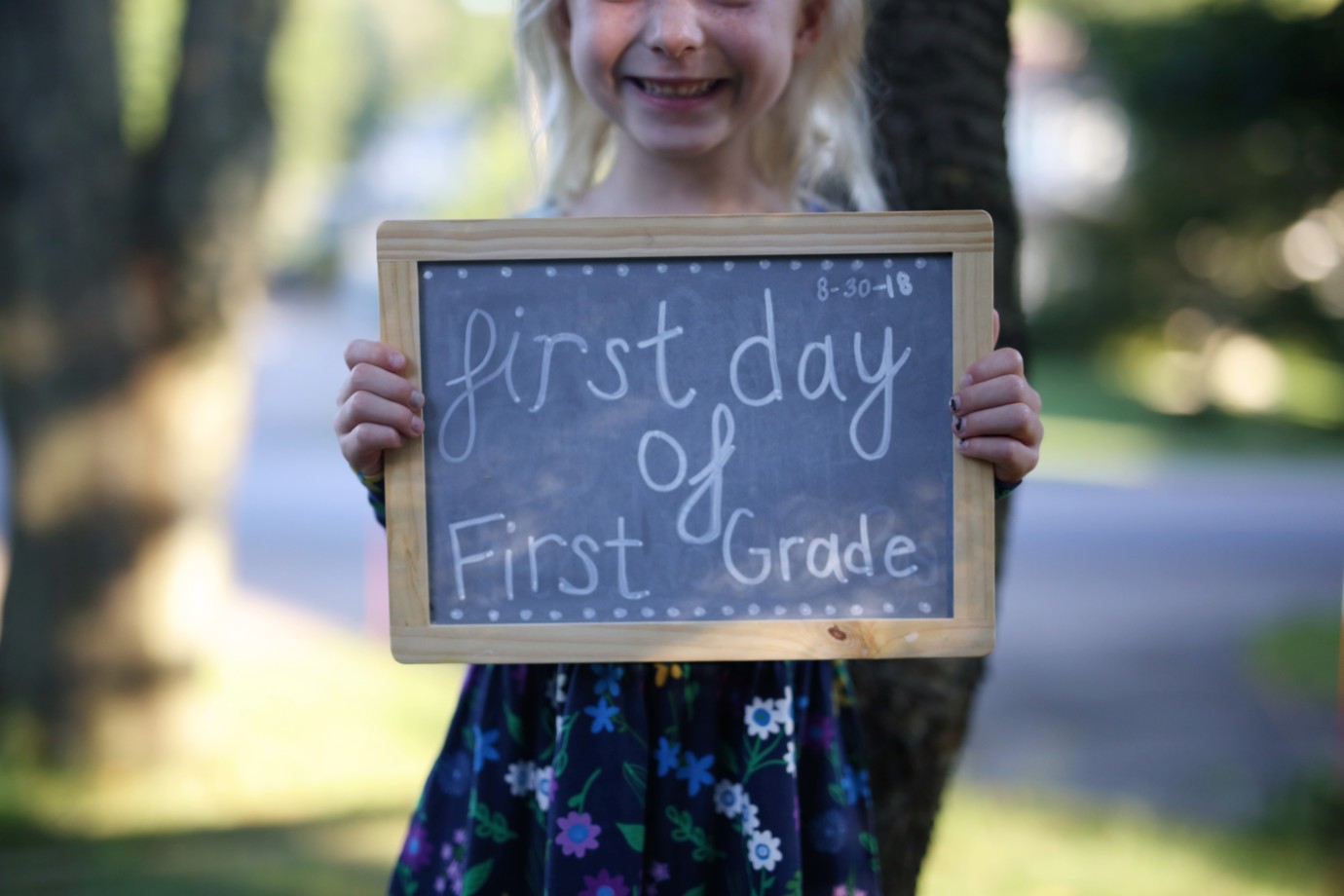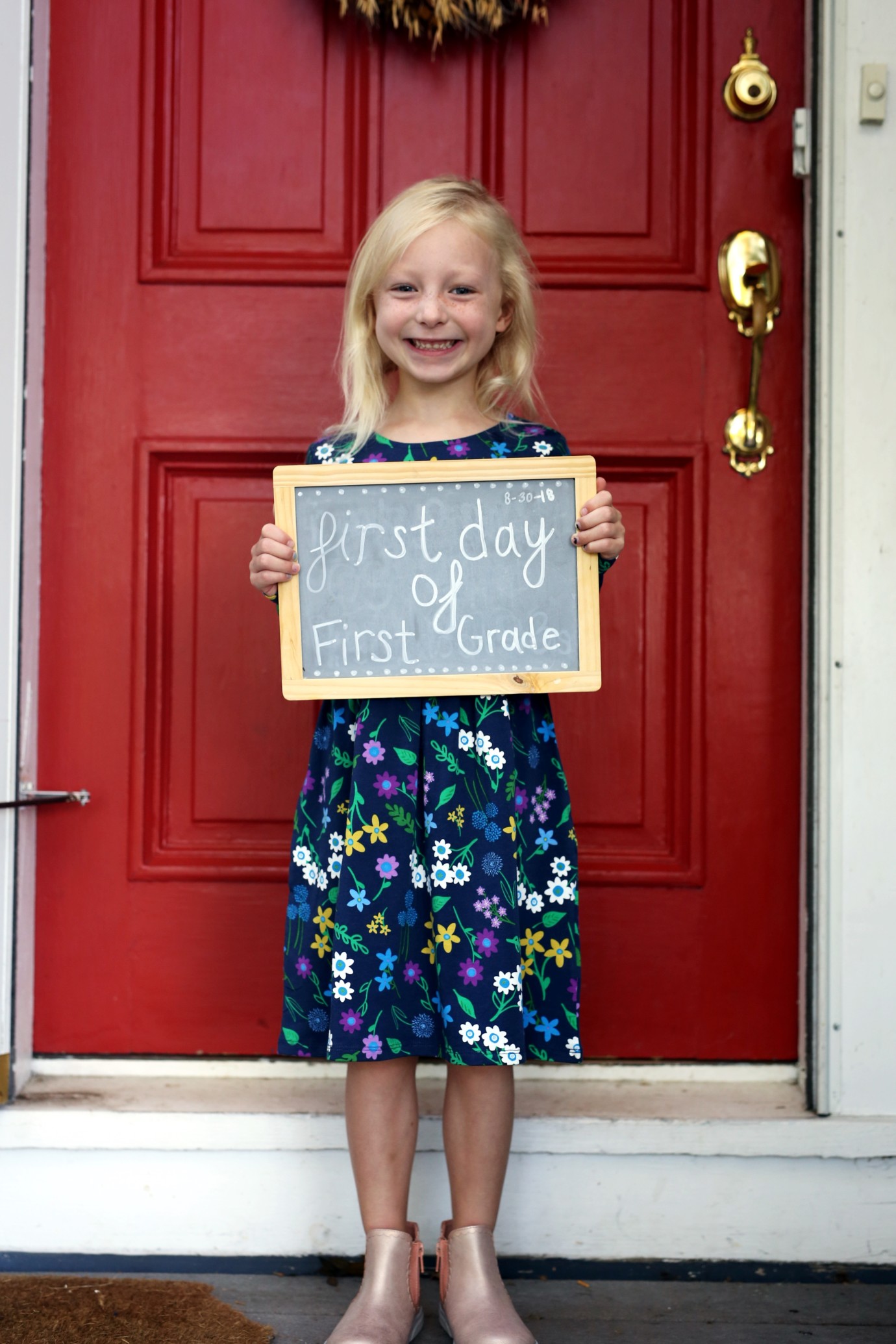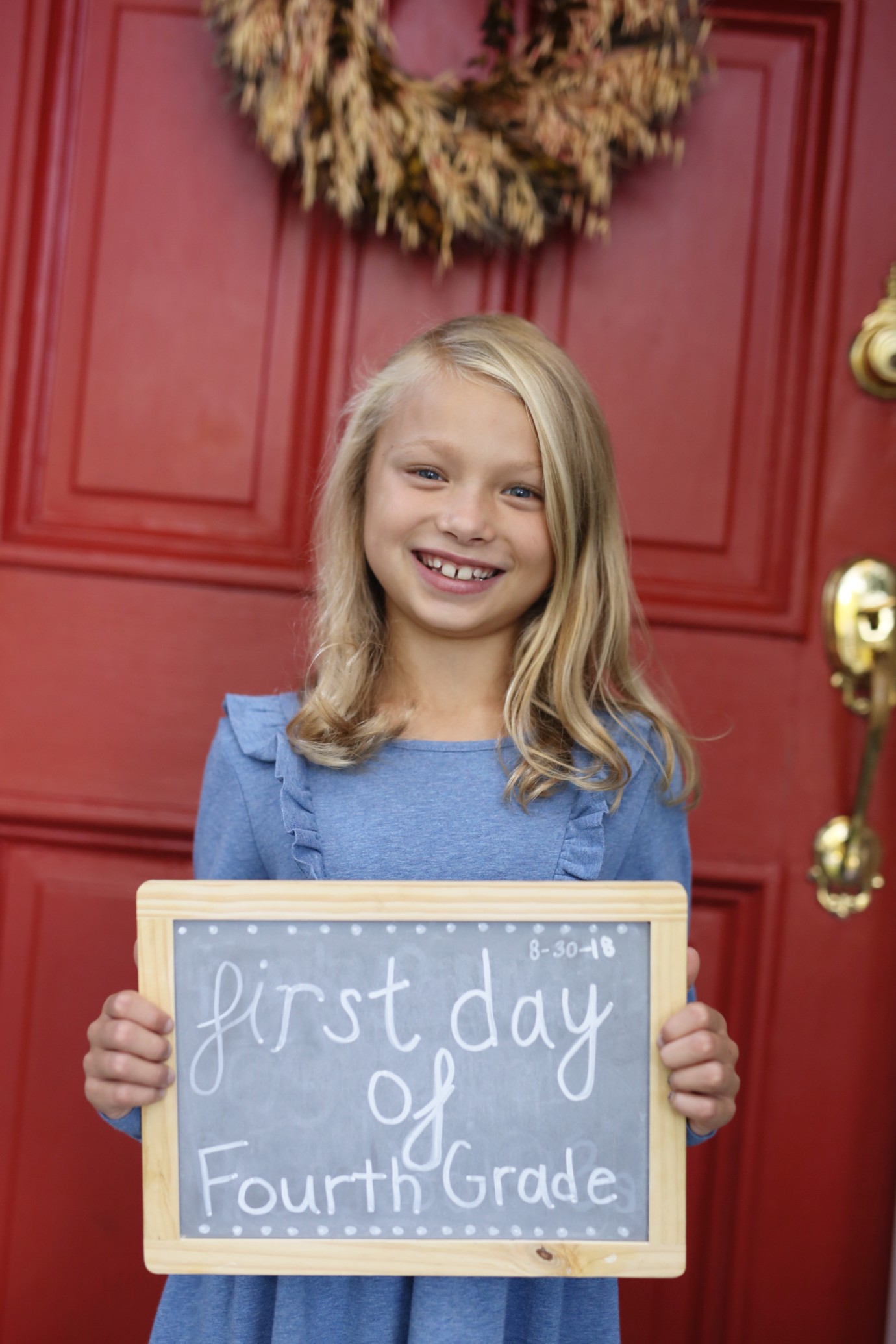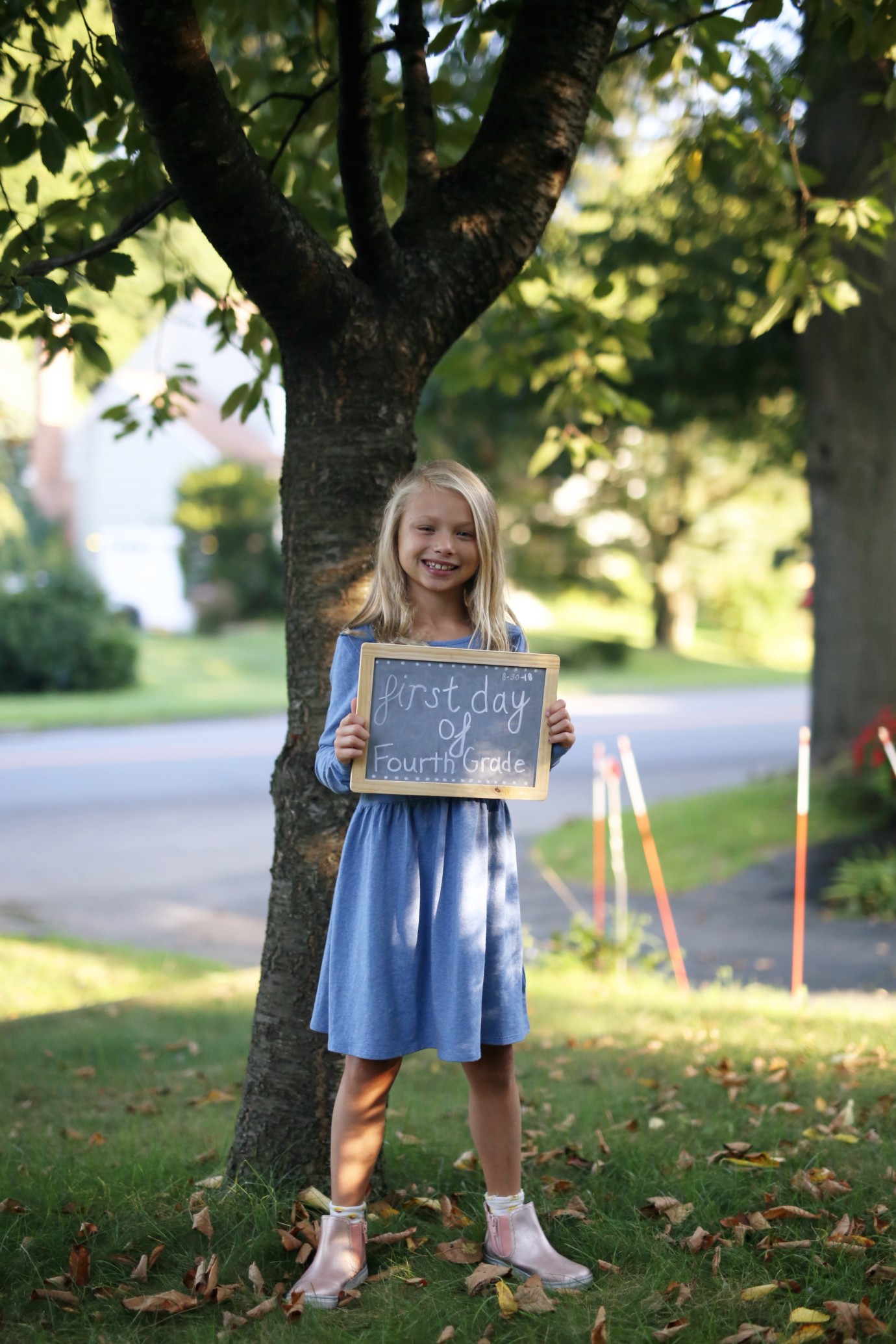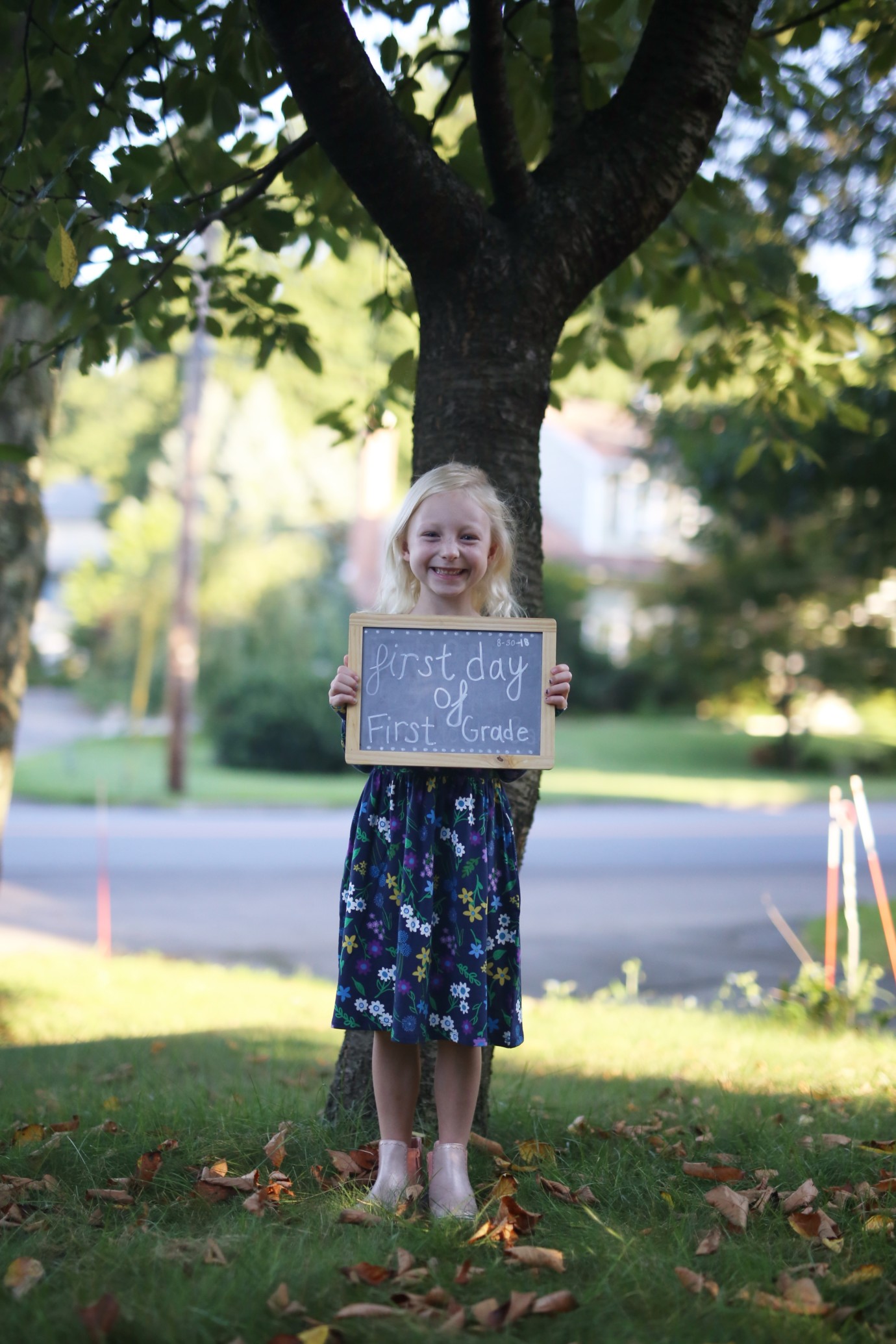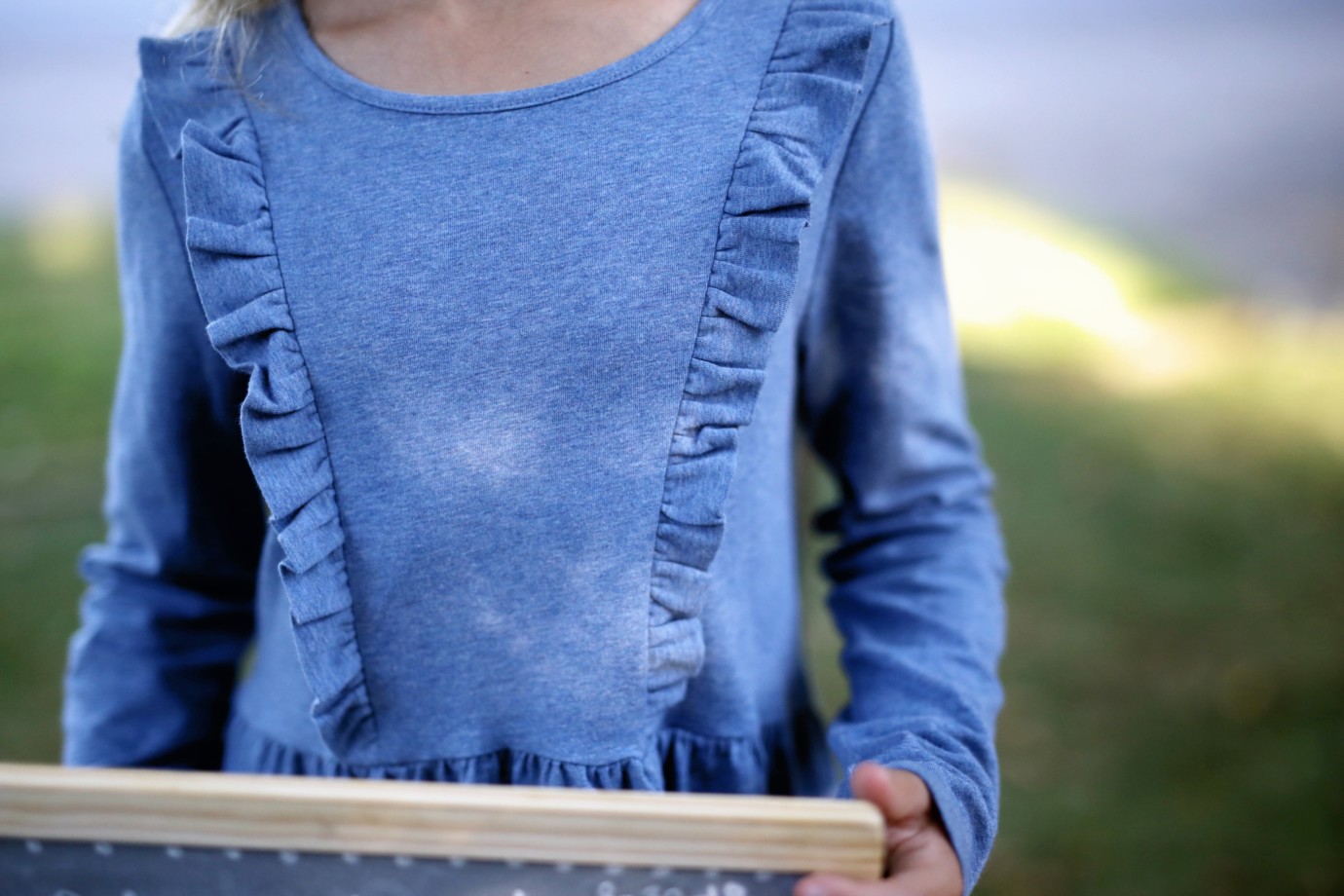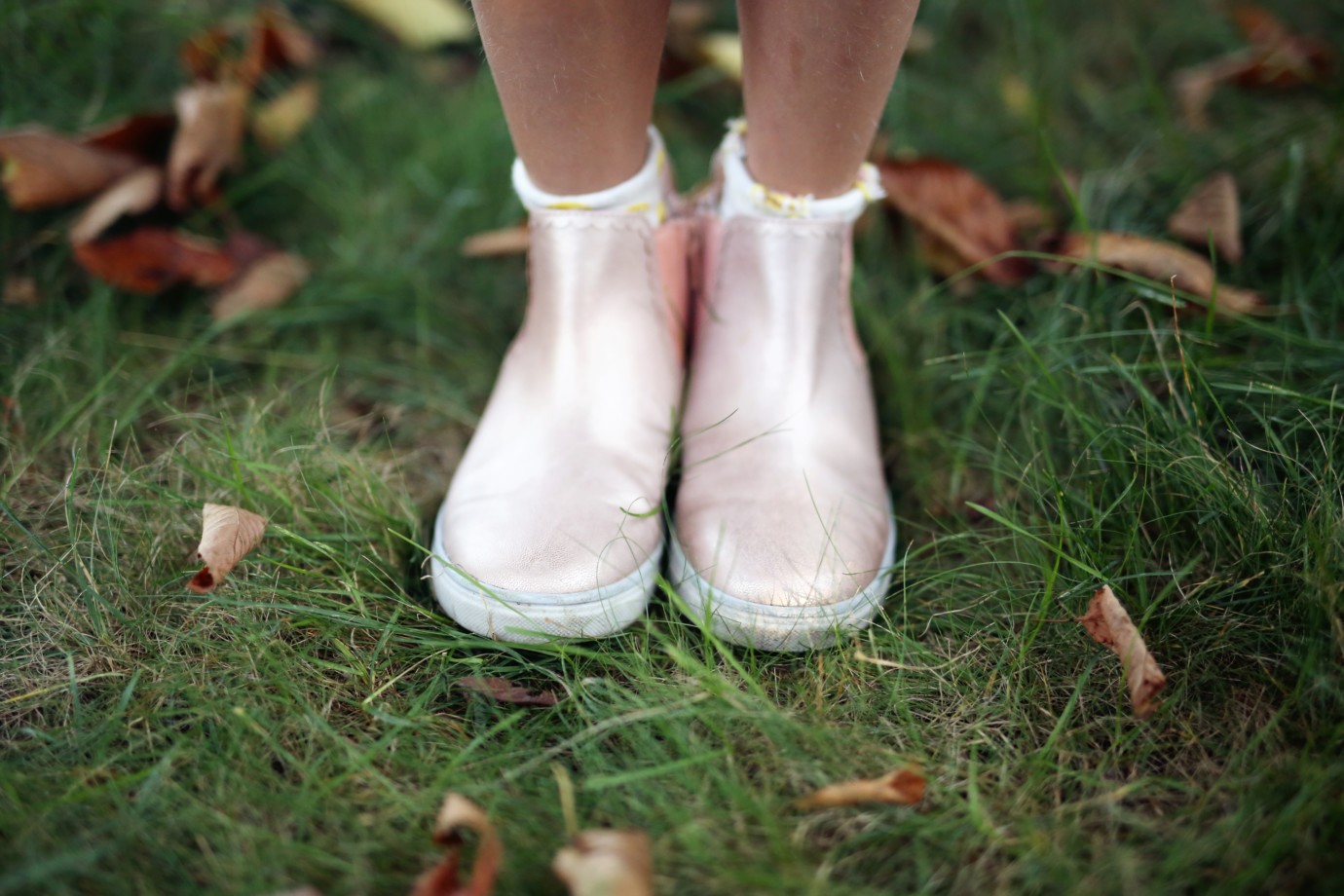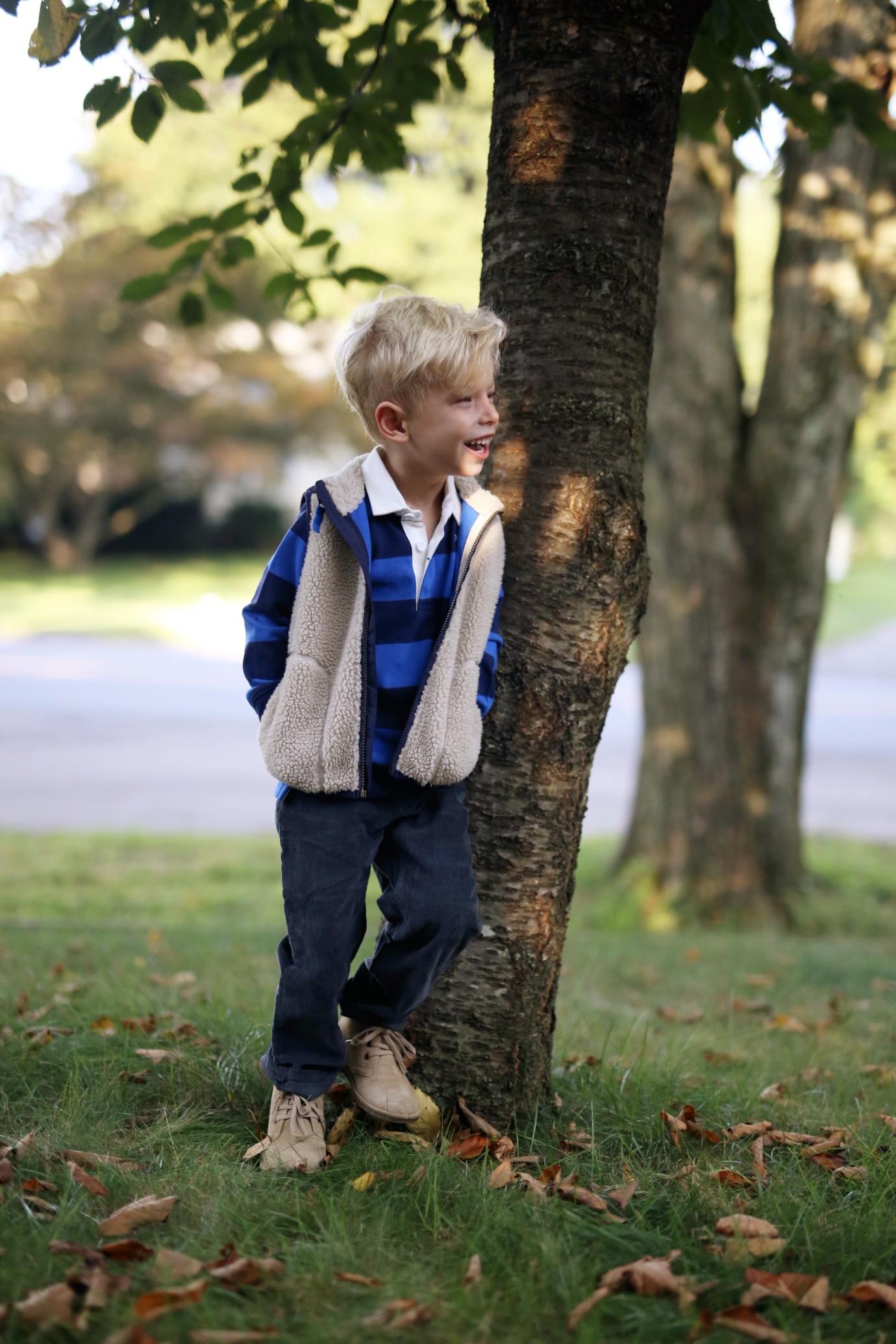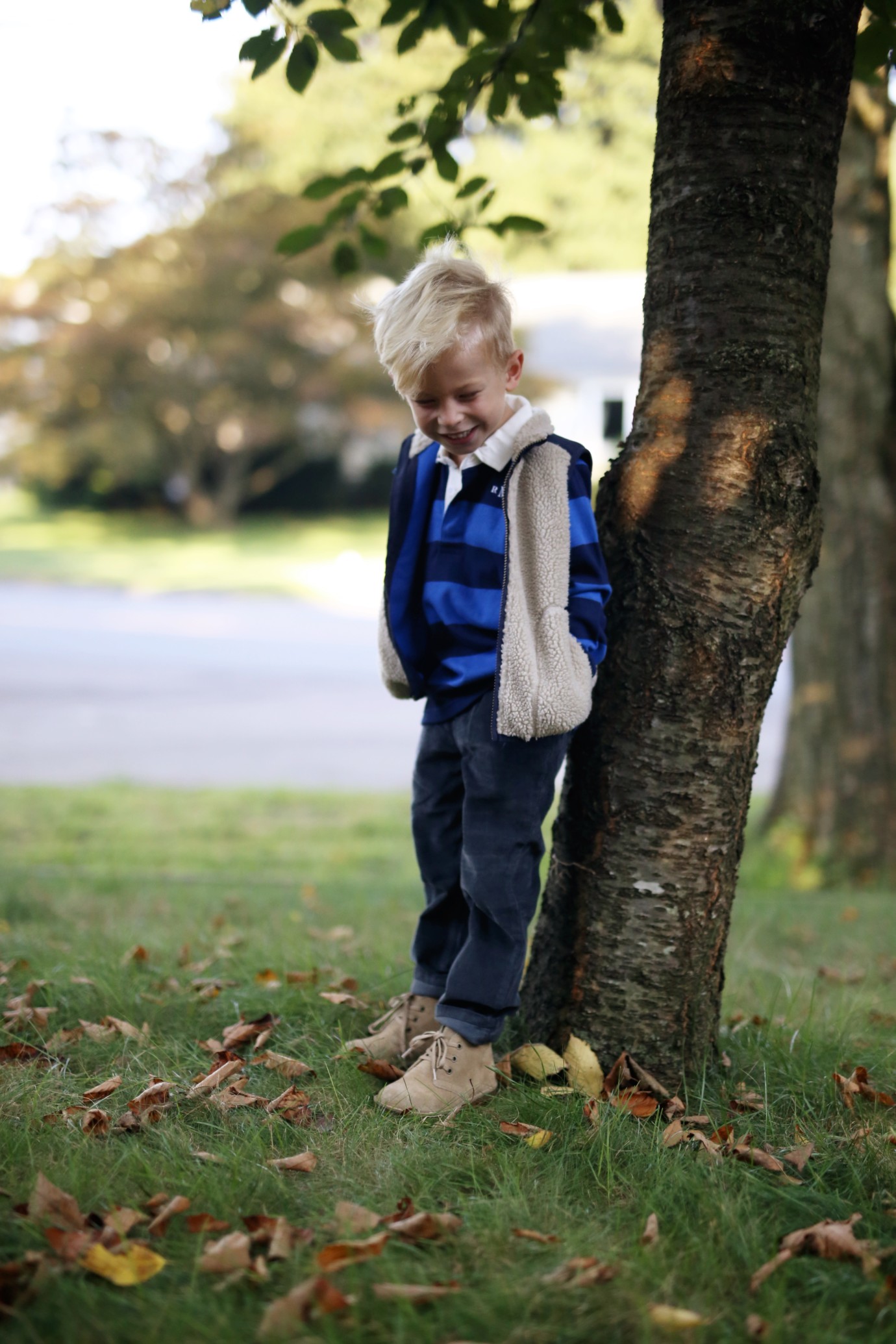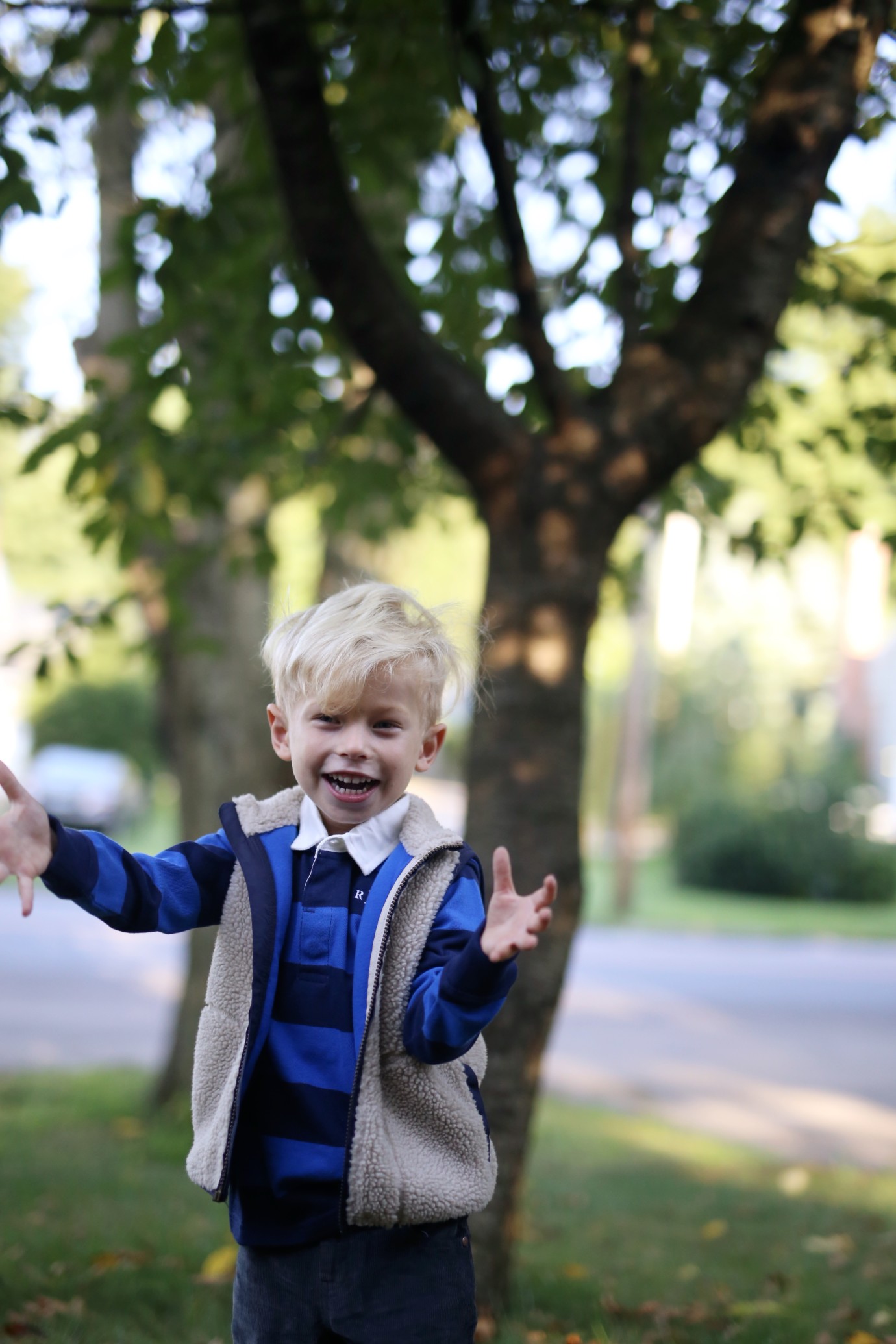
“Mom my stomach hurts.” This was a phrase I heard from Harlan multiple times a day, nearly everyday, for months. She’d been to her pediatrician several times and every time we came home with no explanation to her stomach pains. Most of the time her stomach would hurt before, during, and after school. It wasn’t uncommon for me to get a call from the nurse several times a week. It would always happen the same way.
“Hi Mrs. Jimeson, I have Harlan with me in the office and she’s complaining of a stomach ache.”
“Does she want me to come and get her,” I’d ask and hear the nurse ask Harlan.
“No, she says she wants to go back to class.”
“Okay,” I’d sigh, knowing full well she’d come home still complaining.
Without going into too much detail, anxiety and depression are things I am incredibly familiar with. I’ve seen what it can do to people and how debilitating it can be. I’ve dealt with it for as long as I can remember. I know what Harlan is going through. I’ve felt what she is feeling. I know how traumatizing it can be to go through a panic attack. I know the weight she feels when she just can’t seem to get rid of the anxious feelings and thoughts. I know how she feels when she is so scared and anxious she literally curls up in a corner and cries. I know how she feels when she thinks she’s having a great day and the slightest thing can trigger her anxiety to go off and consume her.
But the BIG difference between Harlan and myself is, when I was younger, these feelings I was experiencing weren’t something that we talked about. They were feelings that were swept under the rug and told they’d eventually go away. And yes, truthfully, they do go away. But only until the next trigger find its way into your mind to take up your thoughts and energy.
Aside from the things I mentioned above, there were other things we noticed when it came to Harlan’s anxiety. Her sleep was off big time (and Har’s typically a great sleeper). She had trouble falling asleep and staying asleep. She was also having trouble in school, which was very different to what we’d experienced in years prior. She was acting out a lot more at home and lying over silly things that didn’t warrant lying. It was these things combined that made me gather up the courage and speak with her pediatrician who recommended we see a therapist.
There’s a reason I’m speaking out about this so openly.
- I want Harlan to feel completely comfortable and confident in herself and to know that anxiety is not something to be ashamed of. We talk about this openly in our house and with friends all the time.
- I was to erase the stigma when it comes to mental health.
- I want others to know you’re not alone. Whether it’s you or your child that’s going through this, YOU ARE NOT ALONE.
One thing I wasn’t equipped with in my younger years dealing with anxiety, was the tools to know how to deal with it. This was a big reason I wanted to put Harlan in therapy. The sooner she has the tools to deal with it, the less likely it is to consume her life in the future.

Here are some tips that have helped us handle the anxiety Harlan is feeling (also disclaimer, I am not a doctor, these are just things that have personally helped us):
- Talk It Out: When I spoke with Harlan’s pediatrician about some of the things I was noticing with Harlan, he suggested we see a local doctor in town so Harlan could speak with him. While I knew he would help give her the tools to deal with her anxiety, I also knew he would be an ear for her when she needed to talk about things. Harlan was holding A LOT in for several months, which was making her anxiety so much worse. The first thing her doctor told her was that it’s okay to feel these things and to talk about them. We never wanted her to feel ashamed for being anxious and we wanted her to know that rather than keeping it inside, she will feel so much better to just speak about it. Since we’ve given her this safe environment to share these things, she’s come to us and her doctor several times with issues she’s been having that has made her anxious and we’ve been able to talk through them.
- Get Her to Relax Through Breathing Exercises: This was the first thing her therapist shared with her whenever she felt feelings of anxiety creeping up on her. He told her to sit tall in a chair, completely relax her entire body, and breathing big deep breaths six times. Breathe in through the nose and push it out hard through the mouth. You want to be able to hear the breath escaping the body. Doing this exercise allows her to completely gain control of her body, her muscles to relax, and her heart rate to slow down while getting her focus to become fixed on her breathing. Har was told to practice her breathing exercises a couple of times a day. Allowing your body to become this relaxed is quite difficult for kids, so it’s important they practice so they know exactly what to do when they start to feel anxious.
- Write it Out: Harlan loves to write (she gets it from her mama), so her therapist suggested she get a journal and start writing in it everyday before bed. Writing things down would help her clear her mind before she went to bed at night and allow her to get a good night’s sleep. She was told to not only write about the things that happened in her day, but anything that was worrying her. It helped to be able to free herself from that and see it on paper. She brings the journal with her to see Dr. J and they speak about it. It also helps her as a reference to see what’s been bothering her and she helps open the dialogue during therapy.
- Don’t Avoid the Triggers: As a mom, our innate ability to want to protect our children seems to consume us at all moments. When I found what Harlan’s triggers were, my immediate reaction was to shelter her from them. But, as hard as it is, I was doing her a disservice by doing that. Rather than avoiding it, we slowly worked our way into things that made her anxious. She has some social anxiety and large crowds with people she doesn’t know make her very anxious. Rather than dropping her off for certain events, I’d stay in an area so she could see me. First time, I stayed the whole time. Second time, I’d stay for part of it. As each time went on, I’d stay for less and less, until finally I could drop her off without any fear.
- Exercise: I know this sounds crazy, especially because she is only nine, but Harlan loves to stay active and get some sort of exercise. She has soccer about five days a week, so that helps her, but she also really enjoys doing some of my workout videos with me (that are modified for her age.) Much like her mama, she finds an escape in physical activity.
This list is still a work in progress, but this is what’s worked for us so far. Many of these things we are working on with Harlan are the same things I’ve worked on with my therapist for my anxiety, so I know that, regardless of age, these are tools that can help her throughout her entire life. These tools won’t get rid of anxiety forever, but they will help in it taking over your life.

If you have a child going through anxiety, I’d love to talk with you about it. Please share your story (you can email me or DM me on Instagram.) Anxiety in our children can also take a toll on us as parents, so it’s important we stick together and talk about it.

